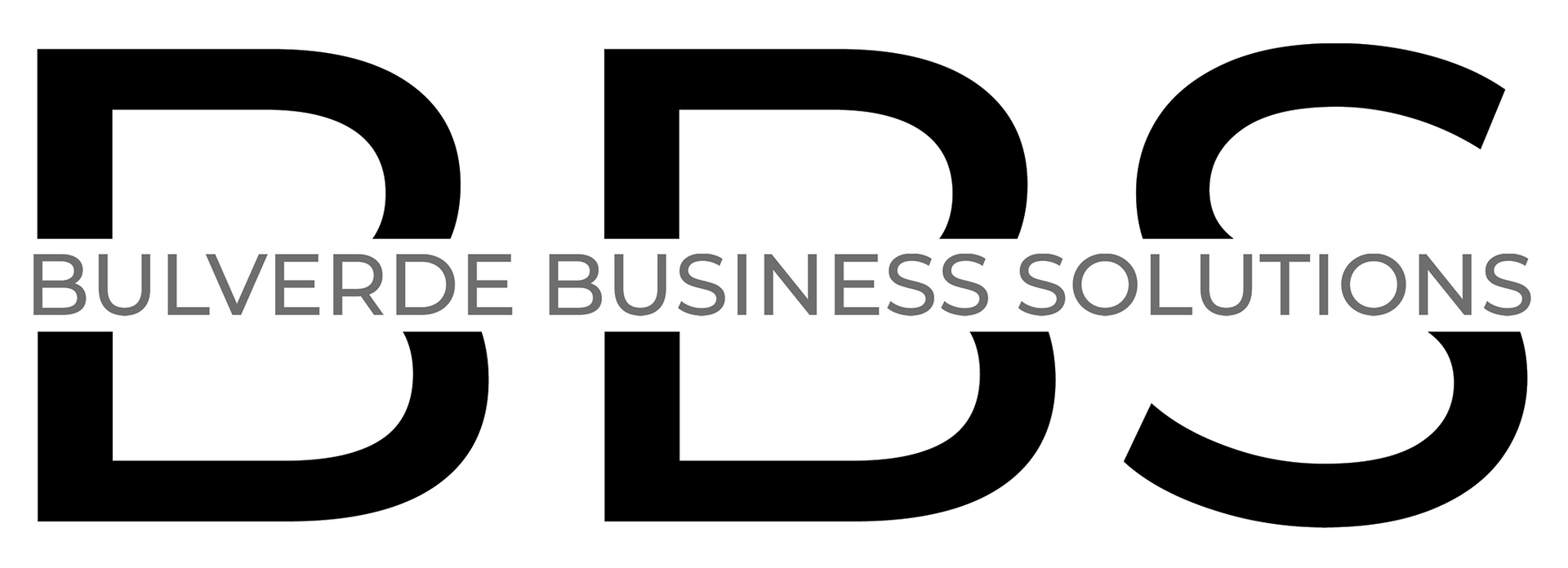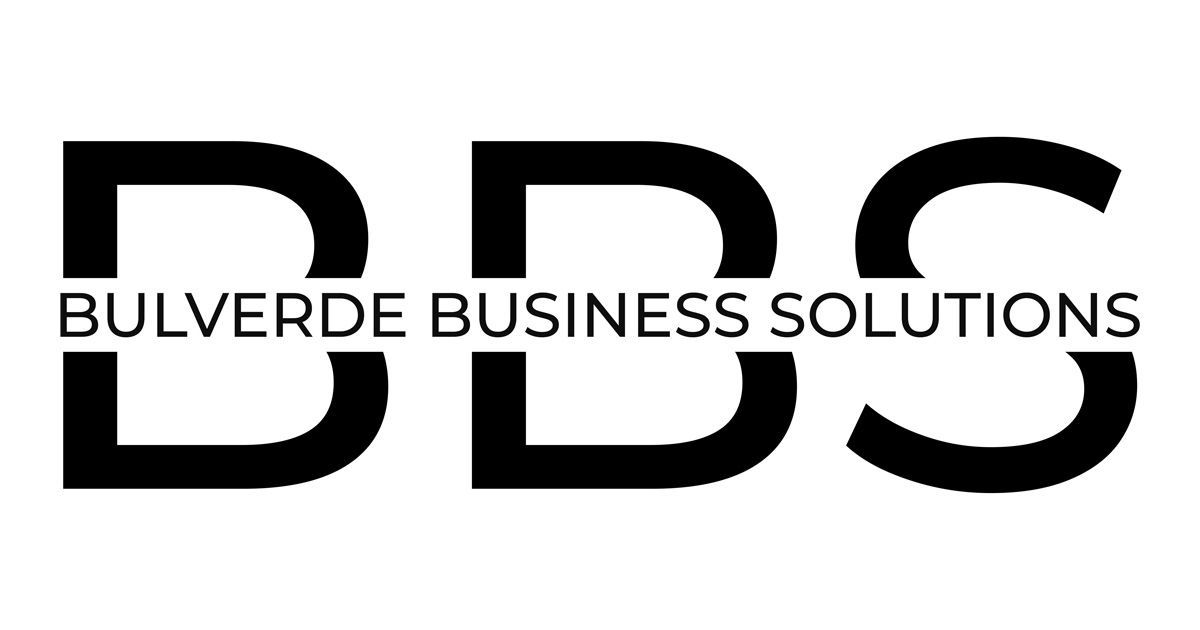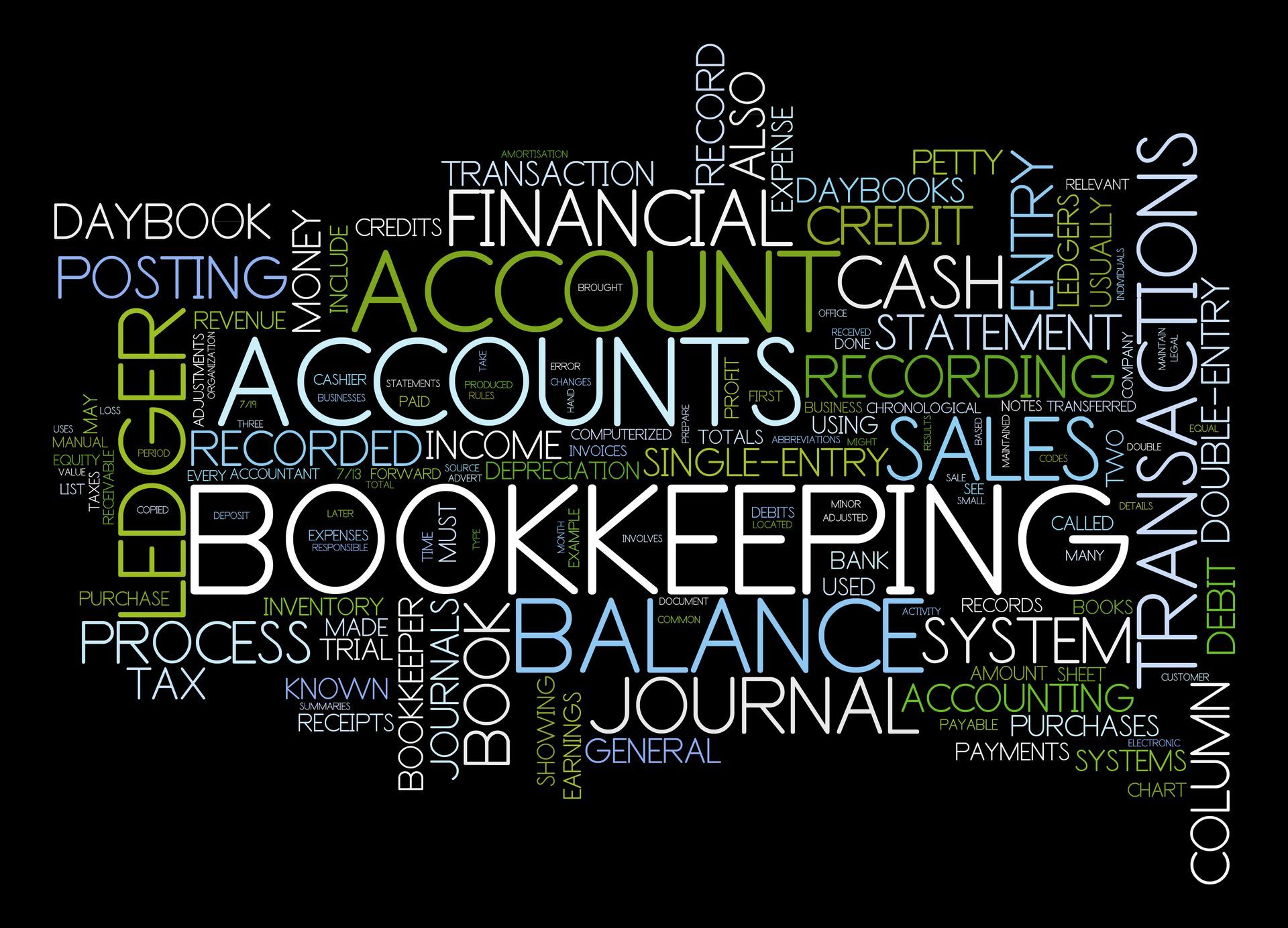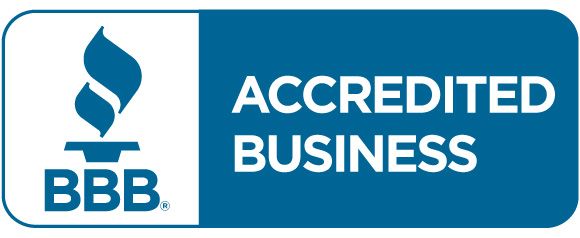Common Bookkeeping Mistakes
April 3, 2023
What are some of the most common mistakes in bookkeeping?

Bookkeeping mistakes can occur for various reasons, such as human error, lack of knowledge, or insufficient attention to detail. Here are some of the most common errors in bookkeeping:
- Recording transactions incorrectly: This can happen when transactions are recorded in the wrong account or when the amount is recorded incorrectly.
- Failing to reconcile accounts: Reconciling accounts is critical to ensure that all transactions have been recorded accurately and that there are no discrepancies.
- Not keeping receipts: With receipts, it can be easier to verify the accuracy of transactions and to claim deductions on expenses.
- Mixing personal and business expenses: Keeping personal and business costs separate is essential to avoid confusion and ensure accurate record-keeping.
- Not categorizing expenses correctly: Categorizing expenses correctly is vital for budgeting and tax purposes.
- Failing to record all transactions: Failing to record all transactions can lead to inaccurate financial statements and tax returns.
- Keeping up with deadlines: Failure to meet tax filings and payment deadlines can result in penalties and interest charges.
To avoid these mistakes, having a solid bookkeeping system in place and maintaining accurate records consistently is essential. It is also helpful to seek the assistance of a professional bookkeeper or accountant.
Get a Free Consultation
Accurate, weekly bookkeeping tailored to small business owners—so you can grow with confidence.
Latest Posts

If you run or manage a commercial construction business, you already know how complex project management can be. Between changing timelines, rising material costs, subcontractor management, and client expectations, there's no shortage of challenges to juggle. However, one factor directly impacts your profits, cash flow, and ability to grow—job costing. At Bulverde Business Solutions, we help construction companies in Bulverde, Spring Branch, San Antonio, New Braunfels, and surrounding areas protect their bottom line by improving their job costing systems. In this blog, we'll explain job costing, why it matters, and how getting it right can make or break your business. What Is Job Costing? Job costing is tracking all costs associated with a specific project. This includes: Labor – Employee hours, subcontractor fees, and payroll taxes. Materials – Lumber, concrete, electrical supplies, and other building materials. Equipment – Machinery rentals, maintenance, and fuel costs. Overhead – Administrative costs, insurance, and utilities. Unlike standard bookkeeping, job costing breaks down costs by project, providing a clear financial picture of each job's performance. Why is job costing so crucial for construction companies? 1. Better Budget Management You're guessing whether you're staying within budget without accurate job costing. Job costing gives you real-time insights to identify when projects are starting to exceed estimates. This allows you to make adjustments before small overages turn into significant losses. 2. More Accurate Bidding If you consistently lose money on jobs or underbid projects, it's likely because you don't have a clear picture of your true costs. By tracking actual costs over time, you build a data-driven foundation for more competitive and profitable bids in the future. 3. Improved Cash Flow Job costing helps you keep an eye on both accounts payable and accounts receivable for each project. This ensures you're getting paid on time and not overspending before client payments. Stronger cash flow helps you take on larger projects without unnecessary financial strain. 4. Stronger Financial Reporting When your books are organized by project, your year-end financial reports become more accurate. This makes tax filing easier and gives your CPA the information they need to help you minimize tax liabilities. 5. Informed Decision-Making Accurate job costing helps you make better business decisions, such as: Knowing when to hire or scale back staff. Identifying which projects or clients are most profitable. Deciding whether to invest in new equipment or services. How We Help Construction Companies with Job Costing At Bulverde Business Solutions, we specialize in helping construction businesses set up and maintain accurate job costing systems. Our services include: Software Integration: We use platforms like QuickBooks and Foundation to set up project-specific tracking. Ongoing Bookkeeping: We track all costs per job in real time, so you always know where you stand. WIP Reporting: Our Work in Progress (WIP) reports give you a snapshot of profitability and progress at any stage. AIA Billing Support: We help manage AIA billing to keep your cash flow steady and documentation in compliance. Lien Waiver Tracking: We manage lien waivers to ensure smooth payment processing and legal protection. Don't Let Hidden Costs Drain Your Profits Suppose you're tired of wondering where your money is going on projects or constantly chasing cash flow. In that case, it's time to get serious about job costing. Contact Bulverde Business Solutions today to schedule a consultation. We proudly serve construction companies throughout Bulverde, Spring Branch, San Antonio, New Braunfels, and beyond. Let us help you build smarter, bid better, and boost your profitability.
